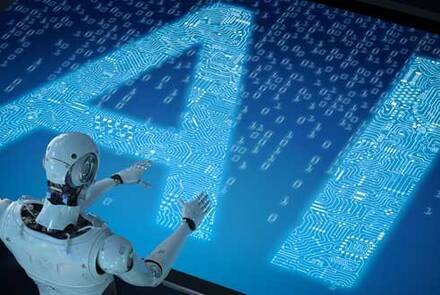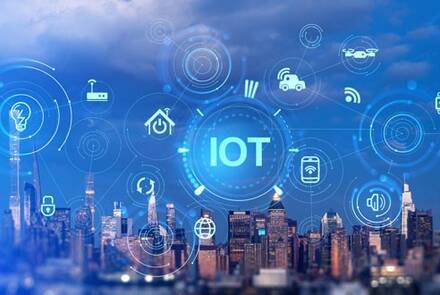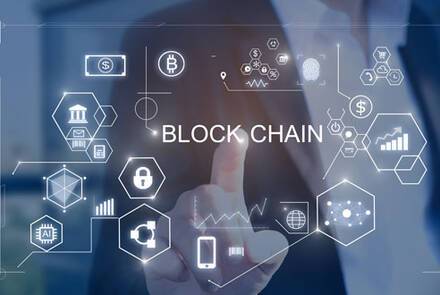The IoT Revolution in Transportation
In the rapidly evolving landscape of urban living in Smart Cities, transportation stands as a critical cornerstone. As cities grow and mobility demands surge, the integration of Internet of Things (IoT) technologies has emerged as a game-changer, revolutionizing the way we move from point A to point B. In this blog post, we explore the transformative impact of IoT on transportation and how it is reshaping the future of mobility.
- Real-Time Traffic Management
One of the most visible and immediate impacts of IoT in transportation is the revolution in real-time traffic management. Smart cities are deploying an array of sensors, cameras, and GPS devices to collect and analyze data on traffic flow. This information is then used to optimize traffic signal timings, detect congestion, and offer alternative routes to drivers in real-time. The result is a significant reduction in traffic bottlenecks, shorter commute times, and a more efficient use of urban roadways. - Connected Vehicles and Intelligent Fleets
IoT technologies are ushering in an era of connected vehicles, where cars, buses, and even bicycles communicate with each other and with the infrastructure around them. This connectivity enhances safety through features like collision avoidance systems and adaptive cruise control. Fleet management is also being revolutionized, with IoT-enabled sensors providing real-time data on vehicle health, fuel consumption, and driver behavior. This data-driven approach enables proactive maintenance, improves fuel efficiency, and enhances overall fleet performance. - Smart Parking Solutions
Finding a parking space in a crowded urban environment can be a daunting task. IoT is addressing this challenge through the implementation of smart parking solutions. Sensors embedded in parking spaces or integrated into mobile apps provide real-time information on parking availability. This not only reduces the time and frustration associated with finding parking but also contributes to a reduction in traffic congestion and emissions as drivers spend less time circling in search of a spot. - Enhanced Public Transportation
IoT is transforming traditional public transportation into smarter, more responsive systems (See also: Trends in Smart Cities and IoT for 2024). Connected buses and trains are equipped with sensors that monitor passenger load, track location, and provide real-time information to commuters. This not only improves the efficiency of public transportation but also enhances the overall passenger experience, making it more convenient and reliable. - Personalized Travel Experience
The integration of IoT in transportation extends to personalized travel experiences. Mobile apps and smart devices provide users with real-time information on transit schedules, traffic conditions, and alternative transportation options. This level of connectivity empowers individuals to make informed decisions about their journeys, whether it involves choosing the fastest route, the most cost-effective mode of transport, or even opting for eco-friendly alternatives.
Challenges and Opportunities
While the benefits of IoT in transportation are substantial, challenges such as data privacy, cybersecurity, and the need for standardized protocols must be addressed. As the ecosystem continues to evolve, there are ample opportunities for innovation and collaboration. The intersection of IoT with emerging technologies like artificial intelligence and 5G opens the door to new possibilities, paving the way for even more intelligent, efficient, and sustainable transportation systems.
The Road Ahead
The IoT revolution in transportation is not just a technological upgrade; it's a paradigm shift in the way we conceptualize and experience mobility. As cities grapple with the challenges of urbanization, IoT technologies offer a roadmap to a more connected, efficient, and sustainable future of transportation. In this era of smart mobility, the journey is not just about reaching a destination; it's about navigating a future where the roads are intelligent, the vehicles are connected, and the possibilities for innovation are boundless. The road ahead is paved with data, and as we embrace the IoT-driven future of transportation, we're not just navigating tomorrow; we're driving it.
For more information about Trigyn’s Smart City & IoT Solutions, Contact Us.






